A vegetable vendor named Sandra Boluch in the Argentine capital Buenos Aires said that sales have been on a worrying downward trend recently. More and more people are coming to her vegetable stall not to buy, but to pick up what she has thrown away in the hope of finding a meal.
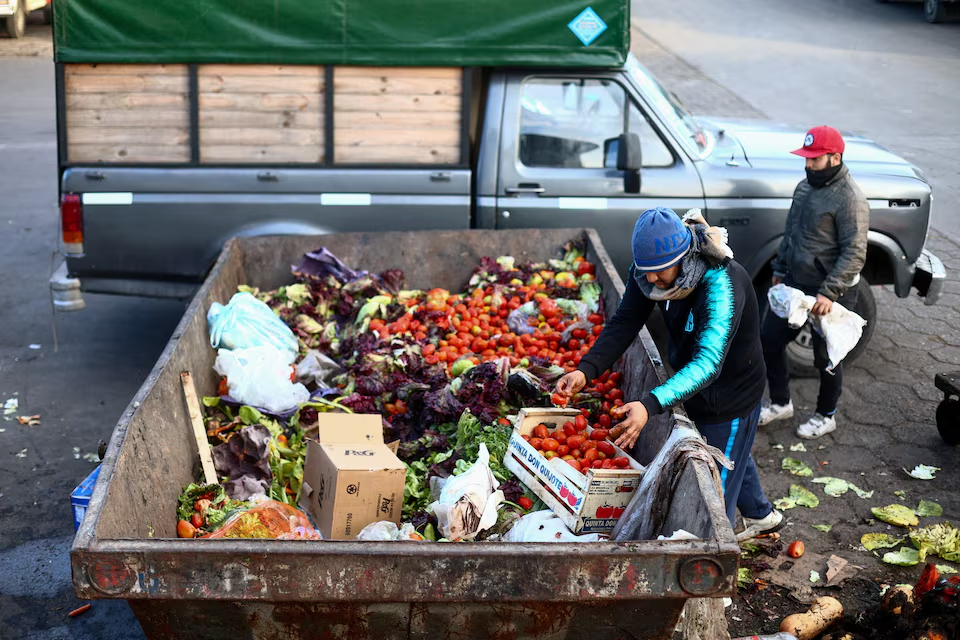
A man picks up food from a bin of discarded fruits and vegetables on the outskirts of Buenos Aires. Photo: Reuters
“We have some containers in the back for trash disposal. If you bring a bag of trash there, there will be about 20 people coming up to see if there’s anything edible,” Boluch said, adding that it’s been happening for a long time but she’s been seeing more of it lately.
A report last month showed that Argentina’s poverty rate had risen to nearly 60 percent from 40 percent a year earlier, putting pressure on President Javier Milei’s plans for reforms and spending cuts. His tough austerity policies have put a heavy strain on people’s livelihoods.
Some of Mr Milei's tough measures include sharp cuts in state spending, targeting subsidies for things like utilities and transport, and seeking to streamline welfare programmes.
His government devalued the peso by more than 50 percent last December, sending inflation soaring even higher. Prices, even in dollars, have begun to rise, hitting Argentines of all stripes.
Argentina is set to release February inflation data with an estimated monthly increase of around 15.3%, down from more than 20% in January and 25% the previous month.
"The impact on food prices is really devastating," said Ines Ambrosini, 62, who was trying to find cheap food at wholesale markets. "Everything costs a lot of money, from food, fruit, vegetables, meat, dairy products. Going to these markets will help save a little bit."
Ngoc Anh (according to Reuters)
Source


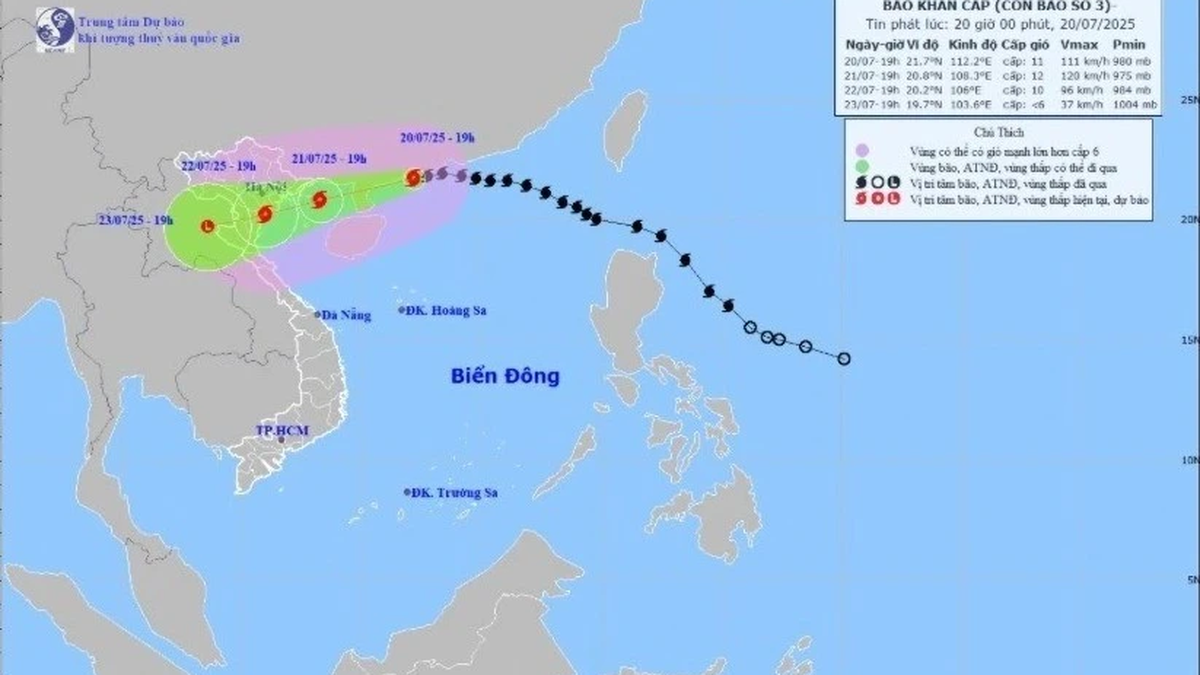

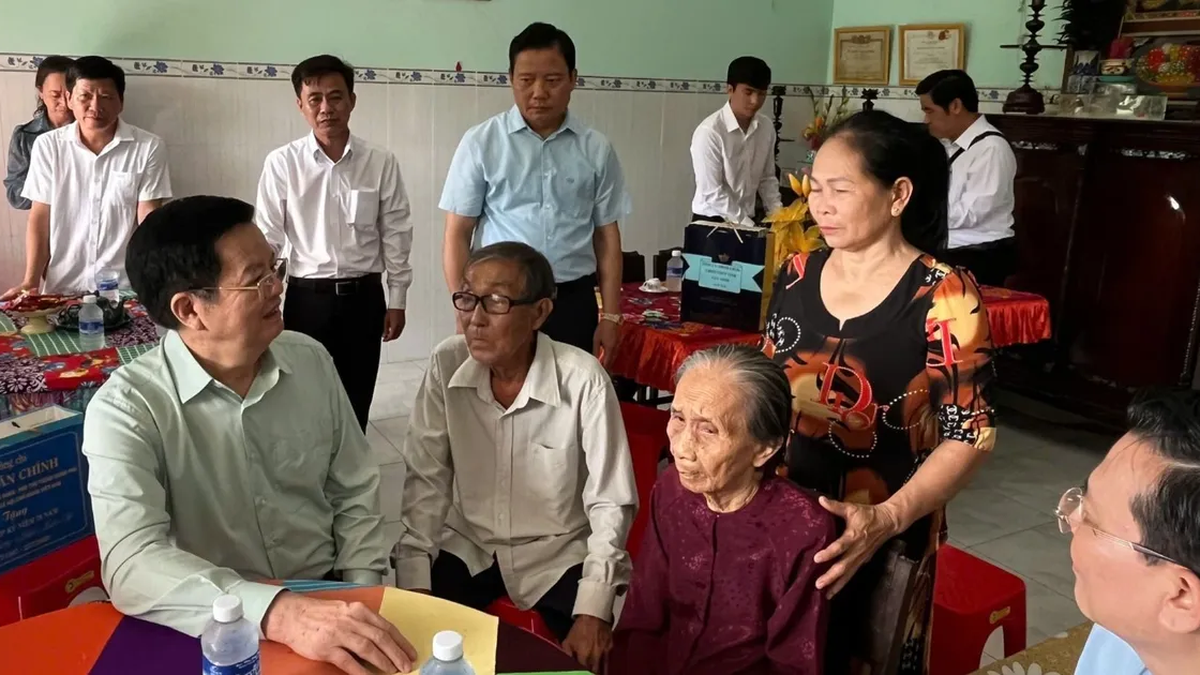
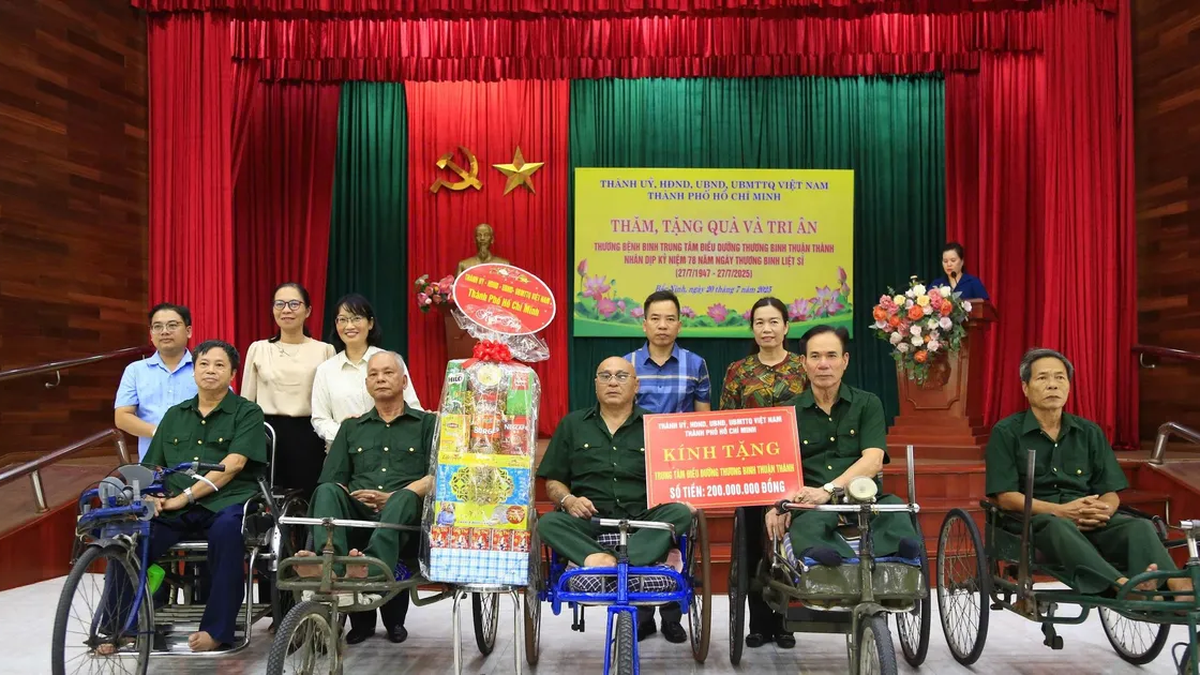
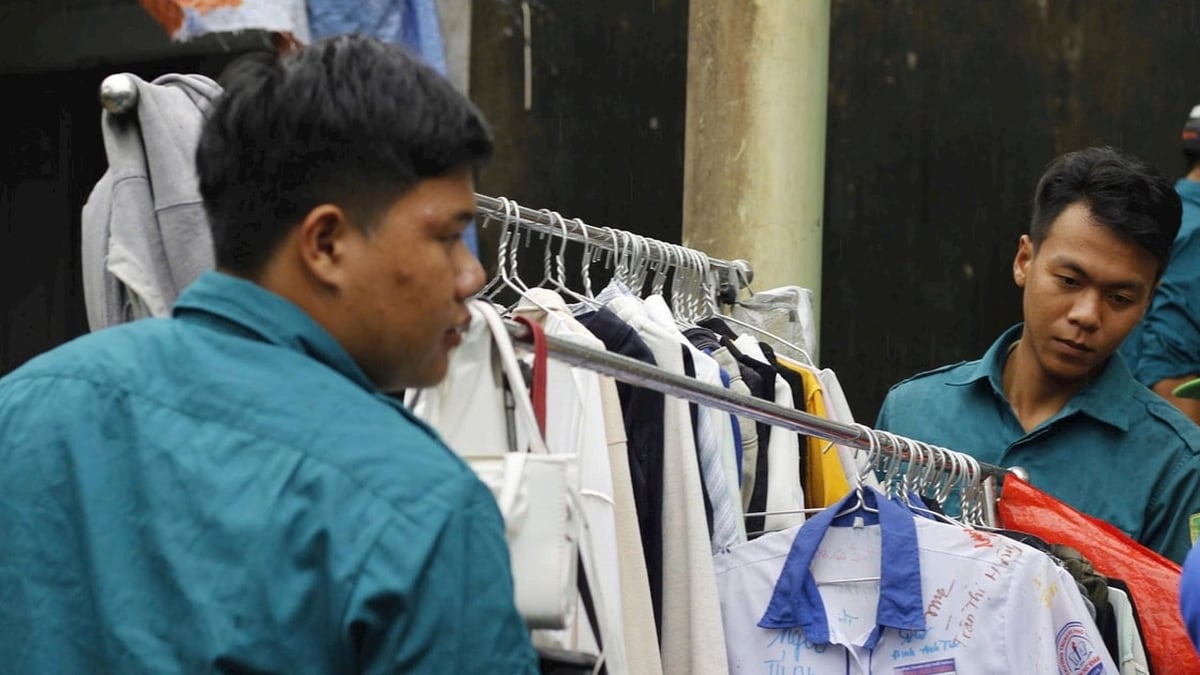

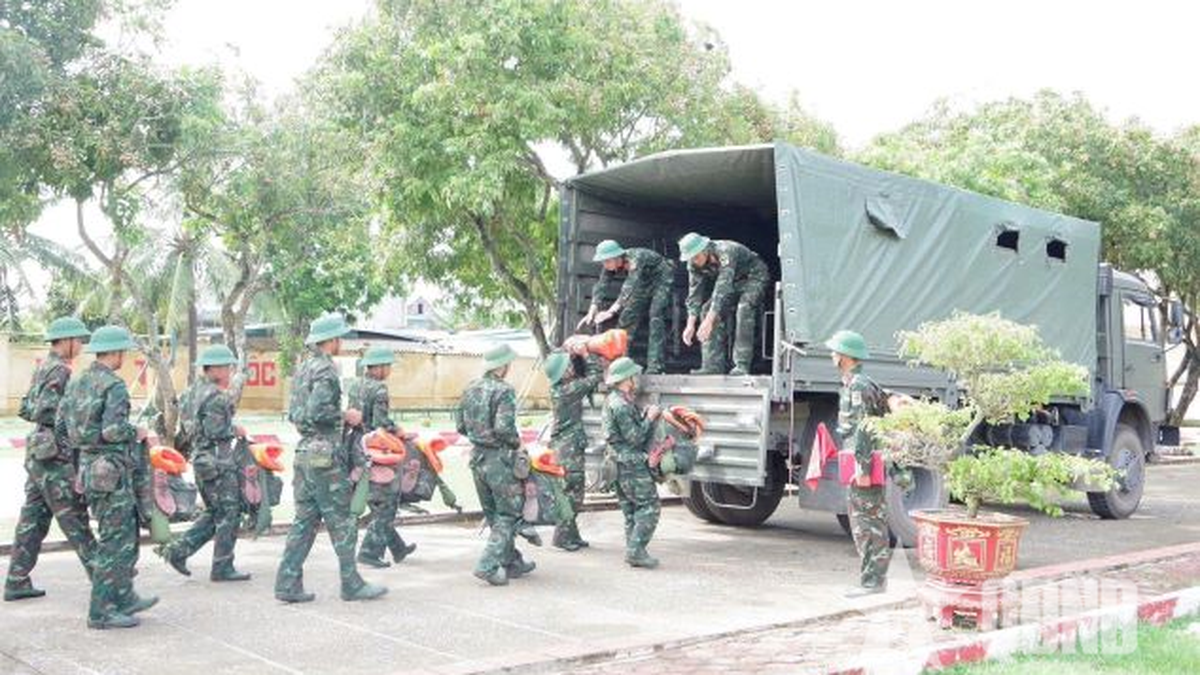















![[Photo] National Assembly Chairman Tran Thanh Man visits Vietnamese Heroic Mother Ta Thi Tran](https://vphoto.vietnam.vn/thumb/1200x675/vietnam/resource/IMAGE/2025/7/20/765c0bd057dd44ad83ab89fe0255b783)









































































Comment (0)